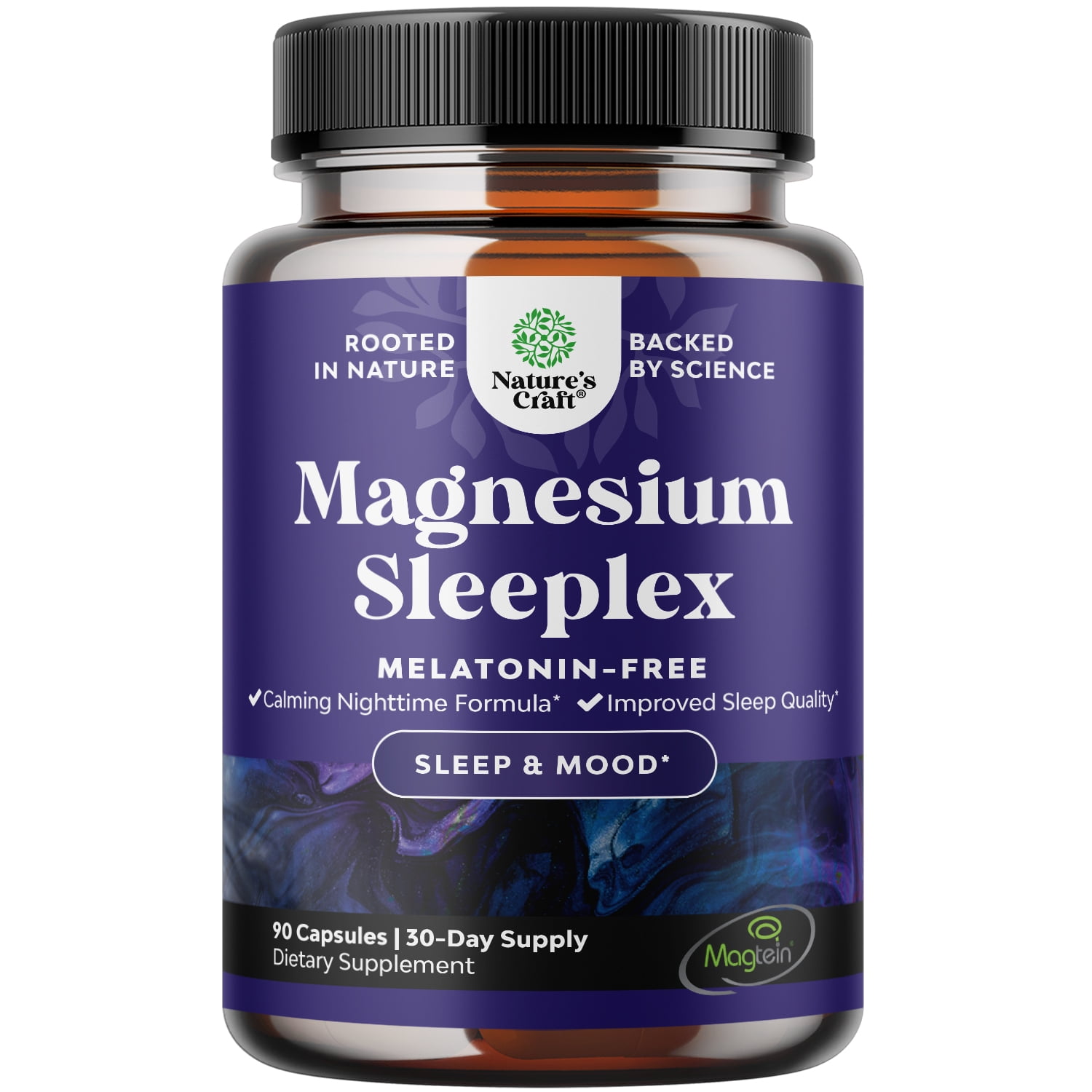Vitamin D: Deficiency, Supplementation, and Health
Vitamin D deficiency affects over 1 billion people worldwide, impacting immune function, bone health, and multiple physiological processes. Understanding optimal levels and supplementation strategies is crucial for health optimization.
Vitamin D Metabolism
Vitamin D synthesis begins with UVB exposure converting 7-dehydrocholesterol to vitamin D3, followed by hepatic 25-hydroxylation to 25(OH)D (storage form), and renal 1α-hydroxylation to active 1,25(OH)2D (calcitriol).
Immune System Functions
Vitamin D modulates both innate and adaptive immunity through vitamin D receptors (VDR) in immune cells, enhancing antimicrobial peptide production, regulating T-cell responses, and supporting barrier function in respiratory and intestinal tissues.
Bone Health and Calcium Absorption
Vitamin D is essential for calcium homeostasis, increasing intestinal calcium absorption from 10-15% to 30-40%, supporting bone mineralization, and preventing osteomalacia and rickets through parathyroid hormone regulation.
Supplementation Guidelines
Daily vitamin D3 (cholecalciferol) supplementation is more effective than D2 (ergocalciferol). Dosing recommendations range from 1,000-4,000 IU daily based on baseline levels, with higher doses for deficiency correction under medical supervision.
Factors Affecting Status
Geographic latitude, season, skin pigmentation, age, body mass index, dietary intake, and medical conditions influence vitamin D status. Individuals at higher latitudes, elderly, dark-skinned, or obese populations are at increased deficiency risk.
Safety and Monitoring
Vitamin D toxicity is rare with supplementation below 10,000 IU daily. Regular monitoring of 25(OH)D levels helps optimize dosing, while concurrent magnesium and vitamin K2 support optimal vitamin D metabolism and function.
This content is educational and does not substitute for medical evaluation of vitamin D status or supplementation guidance for specific health conditions.





